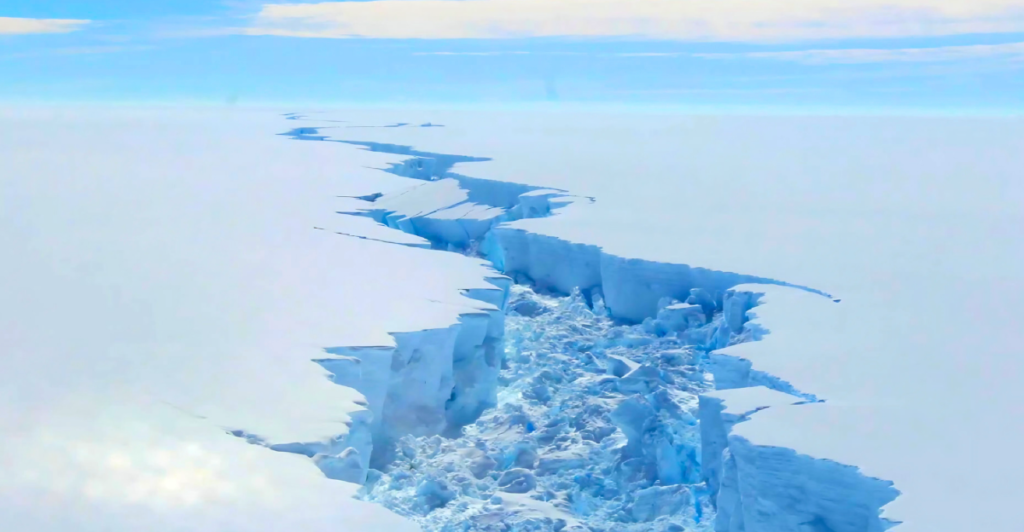
For many years, scientists have studied the Antarctic’s landscape to predict how rising temperatures have changed coastlines on a global scale. Now, researchers from James Cook University in Australia are using the octopus DNA to study the link between global warming and the changes in Antarctica’s ice sheets thousands of years ago. And the results indicate that ice sheets are likely to melt in our current climate.
How Global Climate Affects Antarctic Ice Sheets
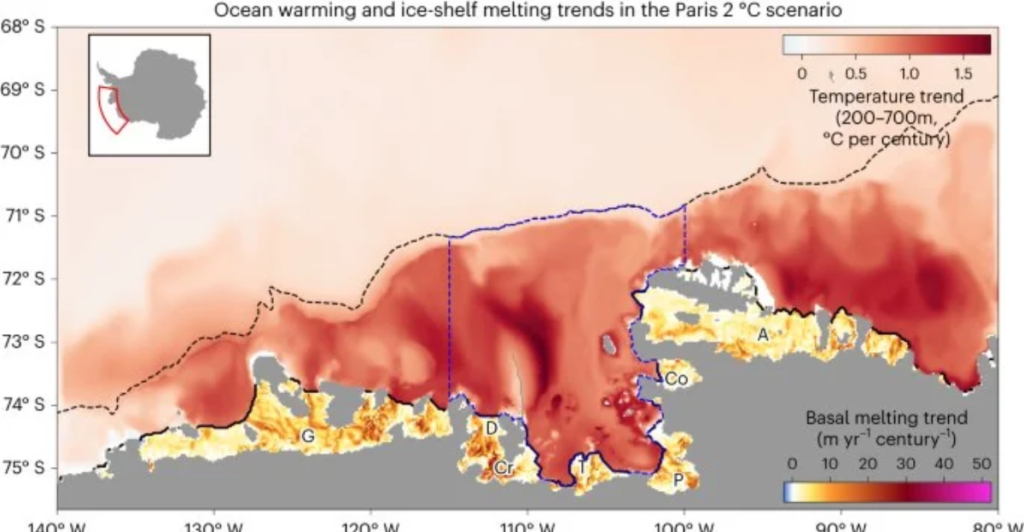
The West Antarctic Ice Sheet (WAIS) collapsed roughly 116,000 years ago when temperatures increased by just one degree Celsius compared to the pre-industrial era. This indicates that even the slightest change in global climate could change landscapes, such as Antarctic ice sheets, to differing degrees. Evidence further suggests that WAIS are particularly vulnerable to changes in temperature that could have devastating effects.
The Genetic Mysteries of the Octopus
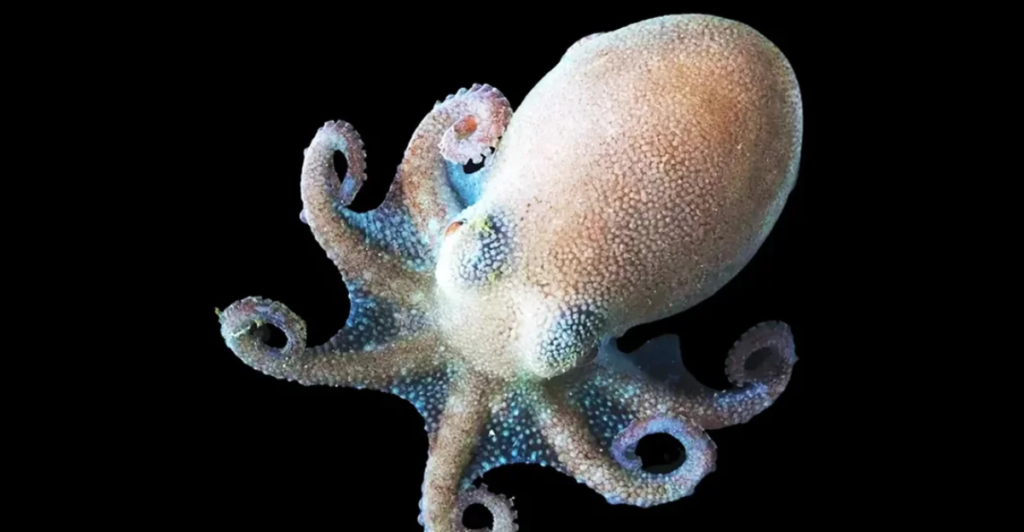
Turquet octopuses live on the sea floor all around Antarctica. Their bodies are 15 centimeters long and weigh roughly 1.3 pounds. They are known for their adaptability to icy habitats, living between 200 and 500 meters deep. They eat smaller fish and invertebrates. Their genetic signatures are distinct because they rarely migrate, preferring to stay close to home to protect their young.
Linking Octopus DNA to Climate Change

Researchers Sally Lau, Jan Strugnell, and Nerida Wilson studied the octopus’s genetic data, processing 96 samples taken over three decades from museum collections. The results show that the species traveled between the Weddell, Amundsen, and Ross seas. This is only possible if ocean pathways are opened and the species can move freely. The octopus’s genetic mixing place ice sheet collapses in the mid-Pliocene, roughly 3-3.5 million years ago, and the Last Interglacial period.
The Last Interglacial and Its Ice Sheet Implications
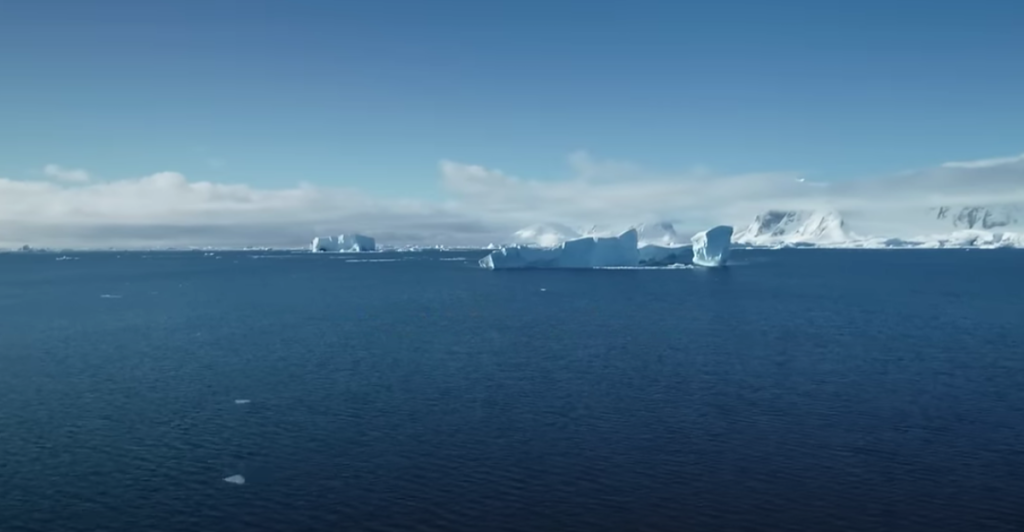
Roughly 116,000 years ago, Earth experienced warm global temperatures of about 0.5-1.5 degrees Celsius warmer than pre-industrial era levels. As a result, the West Antarctic Ice Sheet melted and collapsed into the ocean, raising the sea level to between five and 10 meters.
Evidence of Rapid Ice Sheet Collapse
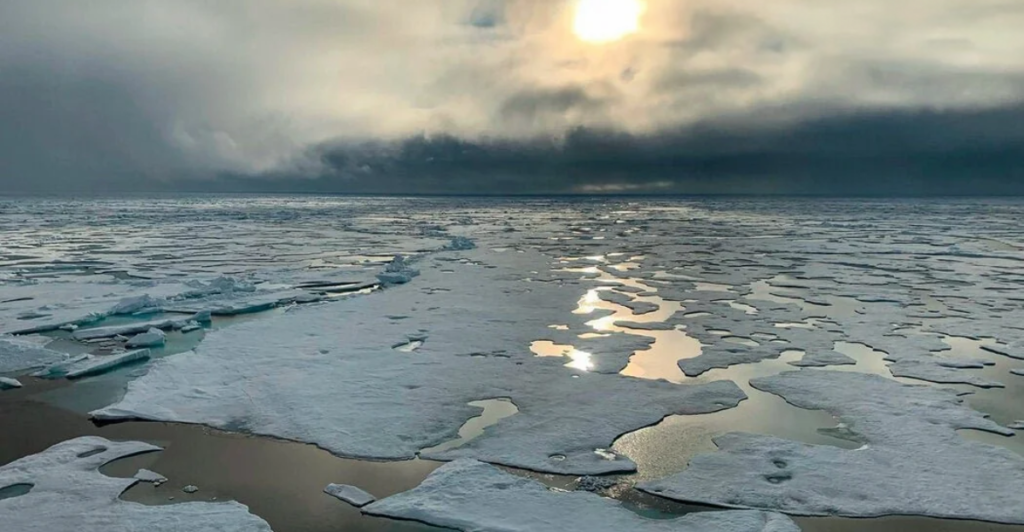
The researchers suggest that changing ocean currents and the interaction between ice and underlying bedrock could influence how quickly ice sheets melt. Furthermore, Professor Simon Josey from the UK’s National Oceanography Centre (NOC) observed that “the massive increase in ocean heat loss to the atmosphere is increasing the density of water at the sea surface.” This denser water alters how the ocean circulates, affecting temperature.
Current Environmental Indicators of Ice Sheet Instability
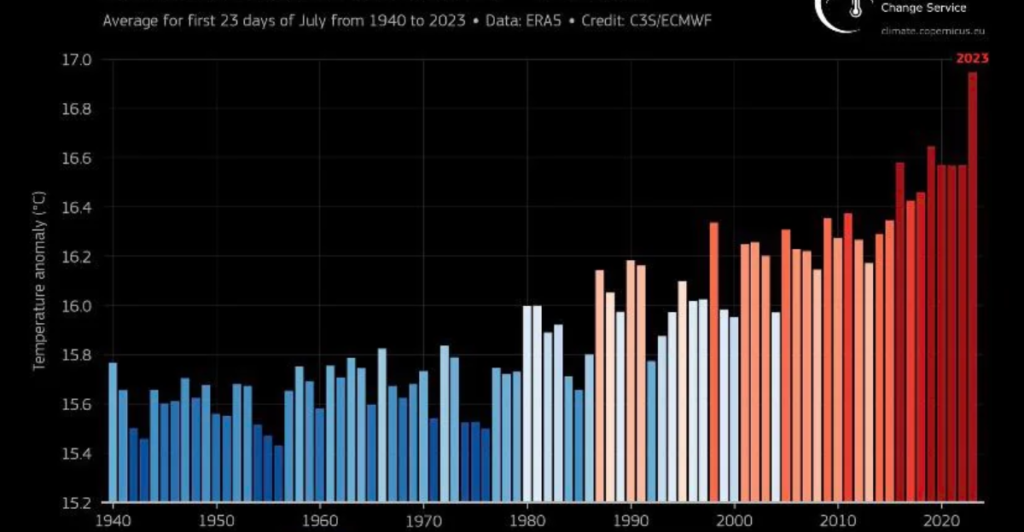
Scientists have proved that human activity has increased global temperatures by 1.2 degrees Celsius compared to 18th-century benchmarks. As the WAIS was unstable under rising temperatures, even thousands of years ago, as a result of temperature increases by 1.5 degrees Celsius, evidence suggests that the ice sheets could collapse again in the current climate.
Octopus Adaptation and Its Connection to Ice Sheet Collapse
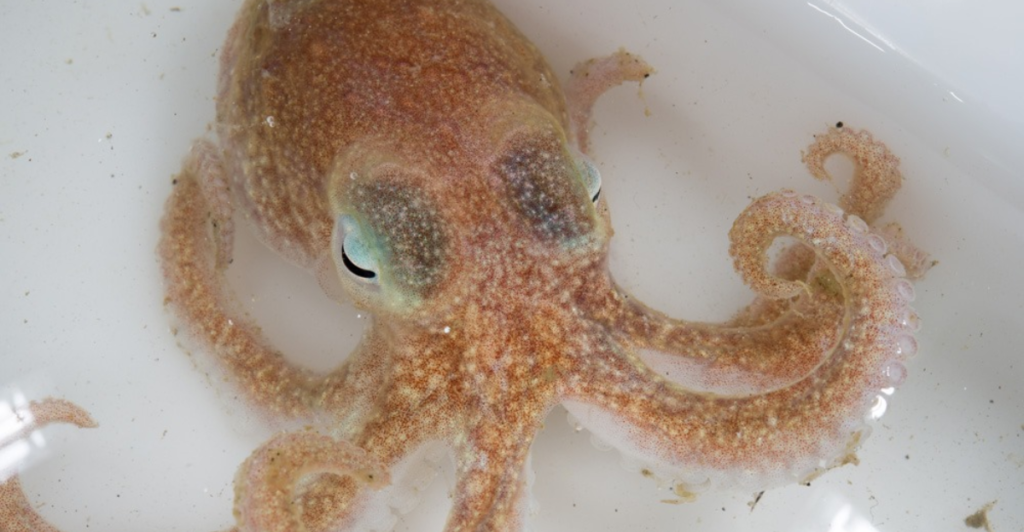
The Turquet octopuses’ lack of migration means that different populations are unlikely to interbreed. The researchers used specimens from three different Antarctic seas, separated by ice sheets. The conclusion is that if the ice melted, ocean pathways would allow octopuses to migrate, and interbreeding would become evident in their DNA. This would not be possible if the ice did not melt. Researchers confirmed that DNA shows interbreeding.
What Happens if the Ice Sheet Collapses?
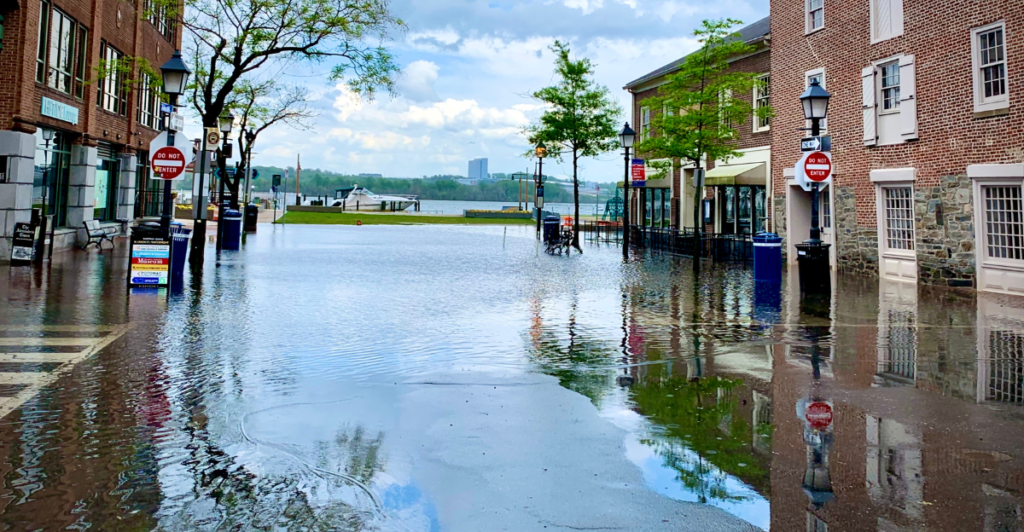
The collapse of the ice sheets would raise sea levels, resulting in the loss of land in low-lying countries and coastal ecosystems. The study indicated that more research needs to be done to determine the effects of an ice sheet collapse. Scientists question whether the rising sea level would stretch over centuries or occur in a series of faster surges.
The Role of Genomic Studies in Climate Predictions
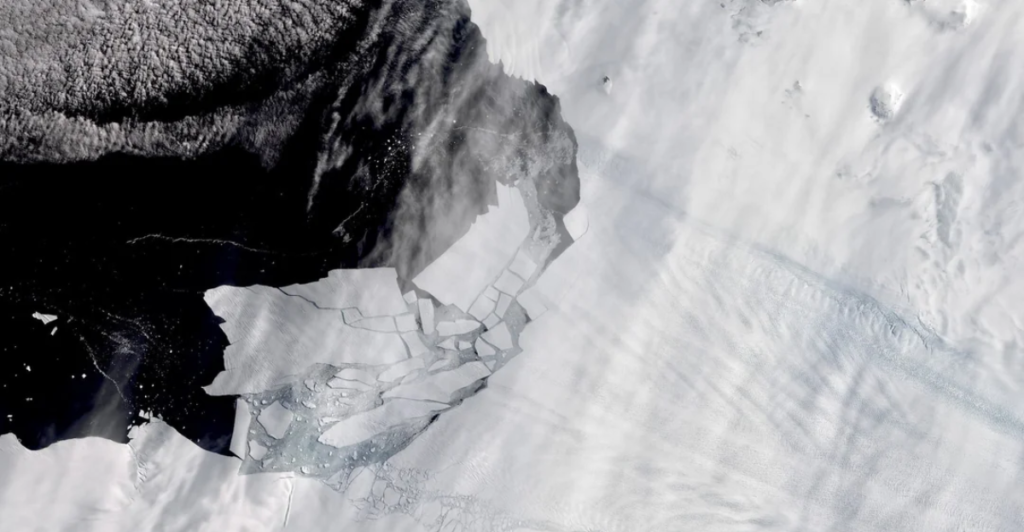
The study proved that there were connections between the three octopuses’ populations when temperatures were two to three degrees Celsius warmer and sea levels 25 meters higher (around 3.6 million years ago) than they are today. This insight allows scientists to explore the similarities and differences between previous climatic events and those that could occur now, leading to a better understanding of our future.
How Animal Preservation Helped
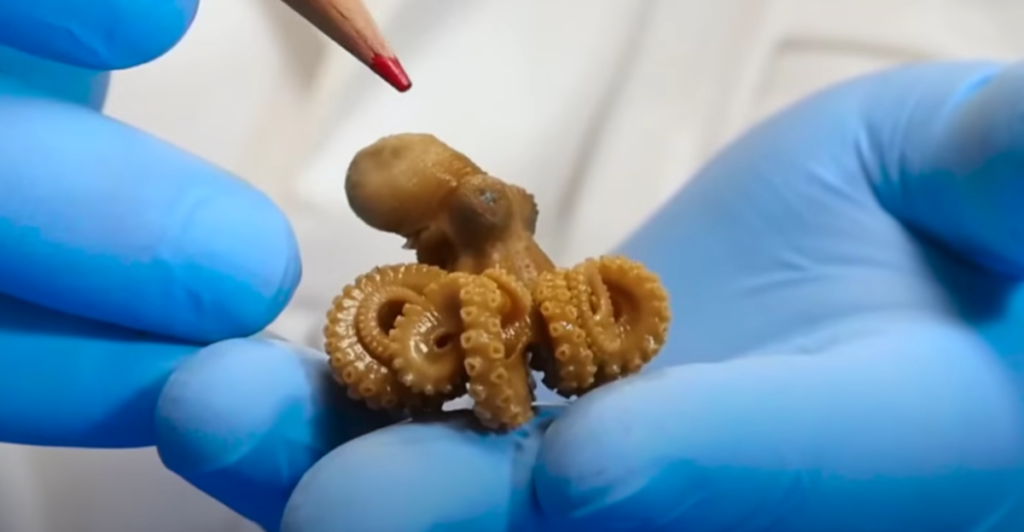
The researchers used specimens taken from museums worldwide. Some of these specimens were preserved long before genetic sequencing and analytical techniques could be used to learn more about the past and help determine the future. Without the preservation efforts of the past, we wouldn’t be able to understand evolution, climatic events, or how the past informs the present.
What’s Next in Research?
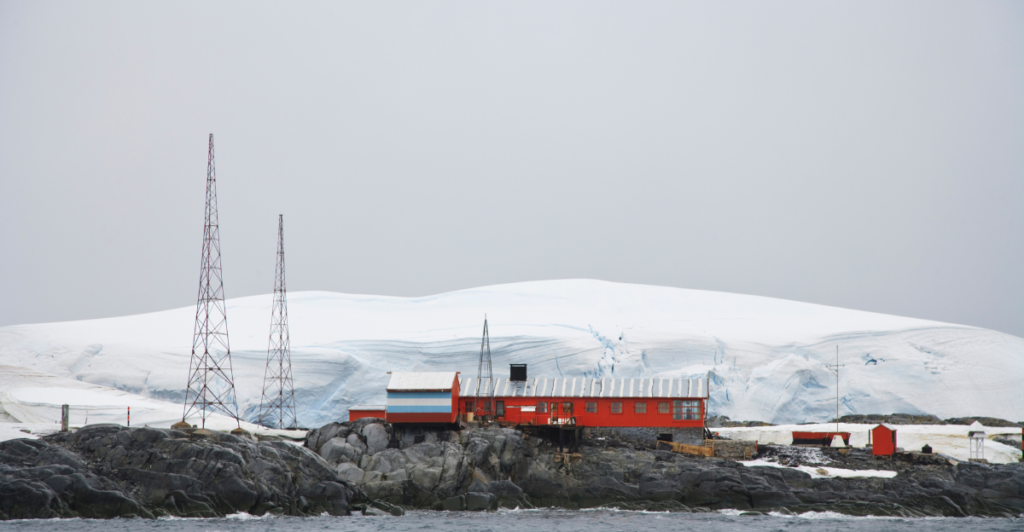
The research team hopes to continue exploring DNA samples to help determine our possible future standing in climate change. They suggest that there is “a wealth of information” in Antarctica’s “moss beds and peat profiles, vertebrate animal colonies and living terrestrial and marine invertebrates.” Thus far, there are not many biological archives that help explain Antarctica’s past climates.
A Scary Probability
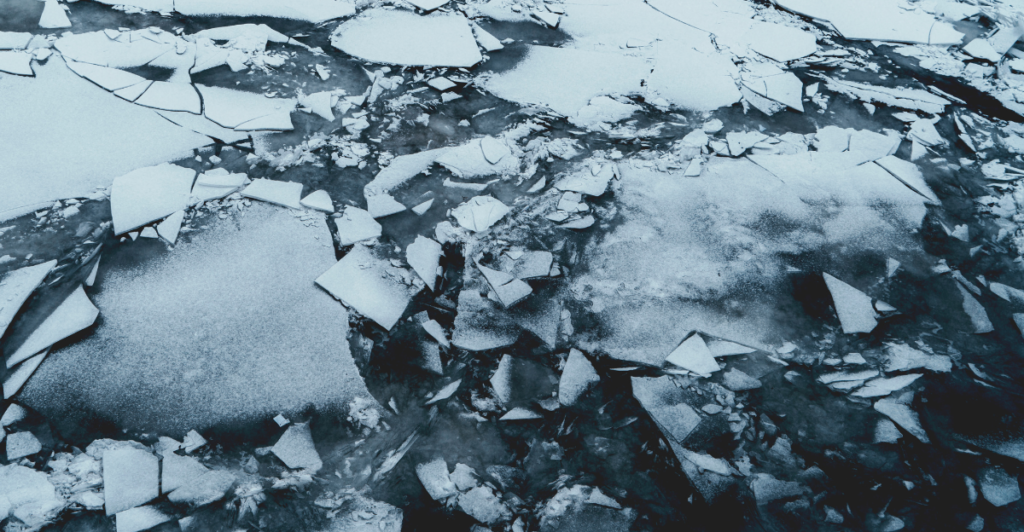
With the new research into the Turquet octopuses’ DNA and how it proved that the West Antarctic Ice Sheet collapsed, when it happened, and under which circumstances, scientists can now say with relative certainty that the ice sheets are close to collapse once more. With rising global temperatures and changes in ocean circulation, we may experience a devasting global crisis sometime soon.
Discover more of our trending stories and follow us to keep them appearing in your feed

California Is Breaking Apart: A Fault Line Is Forming Faster Than Anyone Predicted
“There Will Be Eruptions”: Concerns Mount as Yellowstone Supervolcano Activity Shifts
The War on Cows Is Over—And Green Extremists Have Lost
Scientists Are Bringing Back The Wooly Mammoth
References:
Reference 1
Reference 2
Reference 3
This article first appeared here
Stay connected with us for more stories like this! Follow us to get the latest updates or hit the Follow button at the top of this article, and let us know what you think by leaving your feedback below. We’d love to hear from you!







